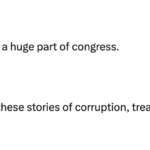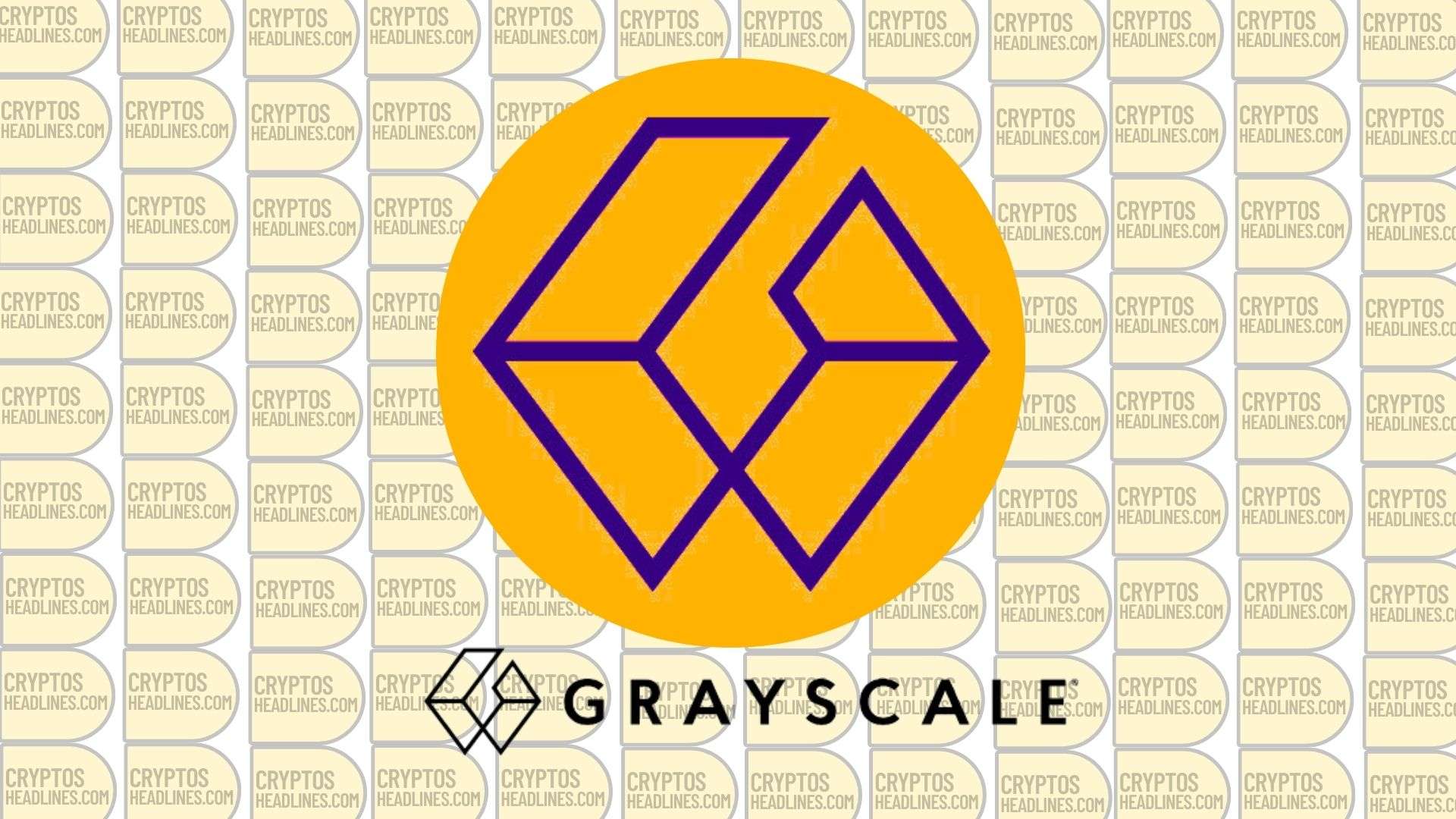In the competitive world of Bitcoin ETFs, Grayscale doesn’t just want to compete; they want to take the lead.
They plan to transform their current Bitcoin trust (GBTC) into an Exchange-Traded Fund (ETF), positioning themselves ahead of many others who are also trying to succeed in this market.
Competing Amid Strong Rivals
At the core of this situation is Grayscale’s recent legal victory against the US Securities and Exchange Commission (SEC). This win isn’t just significant for Grayscale; it’s a pivotal moment for the entire Bitcoin community.
While financial giants like BlackRock and Fidelity are preparing to launch their own Bitcoin ETFs, Grayscale has a unique position. They’ve had their Bitcoin trust (GBTC) since 2013, managing a substantial $16.9 billion. However, there’s been a problem. GBTC shares have often been traded at a much lower price than the actual value of Bitcoin.
Transforming into an ETF would resolve this issue, fixing a long-standing challenge for Grayscale. It’s not just about the assets they manage.
The bigger picture here is about standing out. As Grayscale’s legal chief aptly put it, while others are merely planning on paper, Grayscale operates a fully-fledged fund. It’s not theoretical; it’s the real deal.
While the company observes industry heavyweights like Bitwise, Invesco, and Ark Invest working on their proposals, Grayscale remains resolute and ready for potential competition with a confident eagerness.
Handling Fees and Loyalty to Brands
Despite their confidence, Grayscale faces a significant challenge on the horizon: the upcoming Bitcoin fund fee competition. As this battle unfolds, investors will carefully assess their choices.
Currently, Grayscale’s GBTC charges a 2% annual fee. While the company hints at lowering it if they transition to an ETF, the exact details are still uncertain.
Industry leaders like BlackRock and Fidelity are known for their cost-effective ETFs, which could pose a challenge to Grayscale beyond their brand reputation. A substantial overhaul of their fee structure may become necessary.
The complexity deepens when examining the strategies that determine the success of a Bitcoin ETF. It’s not just about fees or brand recognition.
Consider the subtleties: the marketing efforts after the launch, the trading activity influenced by institutional influence, and the overall brand sentiment.
Some argue that traditional ETF investors might prefer established names like BlackRock or Fidelity over GBTC. These investors value familiarity and trust, and if GBTC charges a higher fee post-conversion, it could lead them to explore other options.
Navigating Regulatory Challenges and the Future Ahead
Grayscale’s ambitious plans received a boost from a recent ruling by the DC Circuit Court of Appeals. This ruling pushed back against the SEC’s earlier position, which it deemed “arbitrary and capricious.”
While it’s not a complete victory, it significantly limits the SEC’s options when reviewing Grayscale’s application. The ruling both opens doors and stirs up uncertainty.
Grayscale’s path differs greatly from the more straightforward approach taken by companies like Fidelity and BlackRock.
There’s speculation about how the SEC will navigate this situation. Some suggest the regulator might consider a proposal from a traditional ETF provider before giving the green light to Grayscale. Fairness is a key concern, and the SEC may aim to approve all contenders simultaneously.
In the broader story of the Bitcoin ETF, Grayscale’s journey is just one part—a bold, vibrant, and determined thread. The road ahead promises intrigue, strategic moves, and a fierce competition for the top spot.
However, one thing is clear as the pieces move: Grayscale won’t be pushed aside. They’re here, vocal, and prepared for the challenge.
Important: Please note that this article is only meant to provide information and should not be taken as legal, tax, investment, financial, or any other type of advice.
Join Cryptos Headlines Community
Follow Cryptos Headlines on Google News











